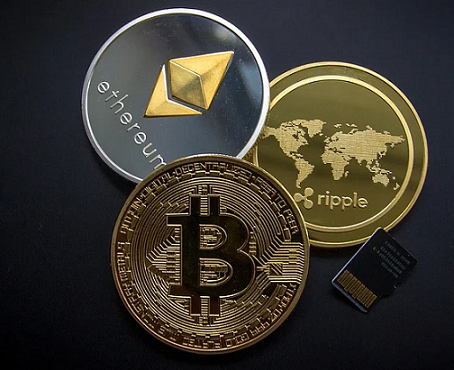Short time after the first financial crisis of globalization (2008-2009), a number of changes started to dominate the financial and banking world. Household and companies were confronted with a series of new rules and procedures aimed to protect both banks and the public. In most of cases they led to an increase of the lending cost and the requirements for money laundry avoidance and prevention of terrorist financing made access to money slower and hungry for paper. Technology and AI brought an alternative to the market, which proved to be faster, cheaper and with much less hurdles. They are all private initiatives, spined up by startups and the wisdom of putting IT knowledge to service the young entrepreneurs. The crypto assets, blockchain, fintech, digital payments and digital currencies are all part of the new developments. The emergence of technology as the new layout for banking led major financial powers and the international financial institutions to look more attentive to the challenges they face, and decide that official digital currency should not wait for too long. Currently, more than 70 central banks of the world are engaged in the process of preparing for the near future, among which ECB is a front runner.
Navigare
Regulation of crypto-assets is a must for governments and central banks[1]
The proposal by the European Commission for the regulation of crypto-assets (MiCA) is to be welcomed, as are similar measures envisaged by authorities in the USA, Great Britain and other countries.





